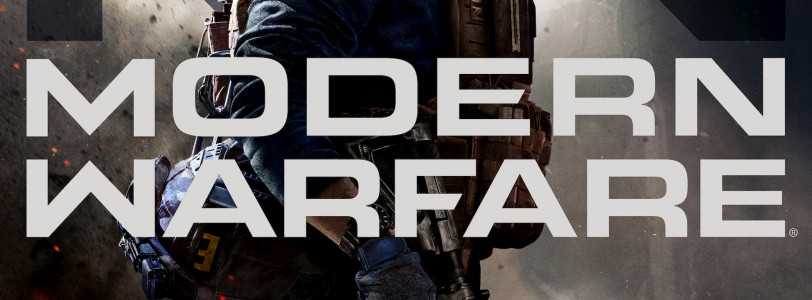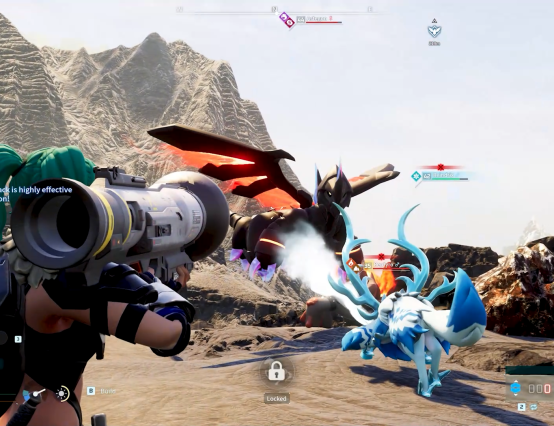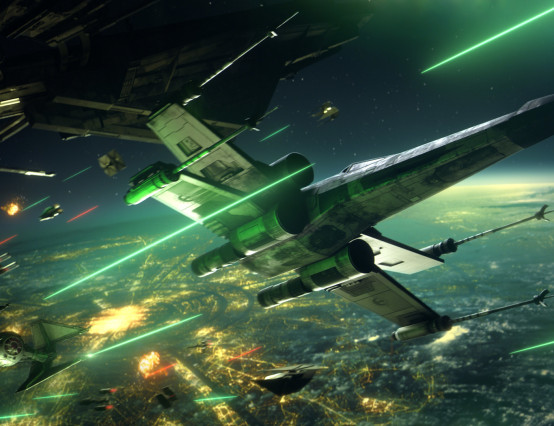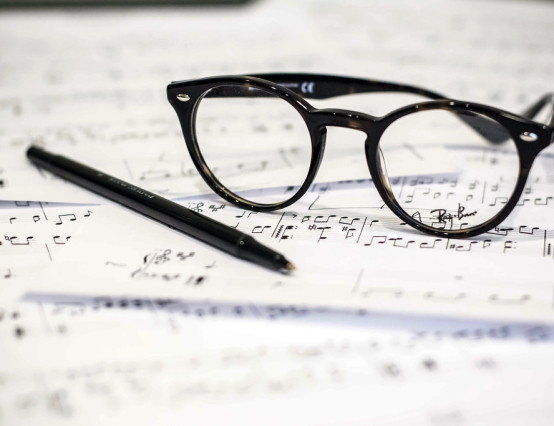Call of Duty is a franchise so ubiquitous it has become almost synonymous with gaming as a hobby (if less so as an art-form). The first-person shooter started in 2003 as a WWII shooter but reached its mainstream popularity with the massively successful Call of Duty 4: Modern Warfare of 2007, which took the action — rather innovatively for the time — to the present day, exploring the gritty conflicts of the Middle East that were, of course, dominating the headlines at the time.
Yep. COD4 was released in 2007, 13 years ago. I’ll let that sink in for a moment.
Of course, Call of Duty has had something of a chequered history of performance since the early golden years. The Metacritic ratings’ sometimes wildly differ from the user review scores, but this will give you some idea of what we’re talking about.
However, as I pointed out in my Top 10 Games of 2020, it would seem that both Infinity Ward and Treyarch (the alternating developers of the games) have learnt something from the disastrous Infinite Warfare and the deeply forgettable Ghosts, and have come up with something a little stronger with their recent entries. I talk about Treyarch’s Black Ops: Cold War in that article (and its presence on the list might give you a clue of my take on it).
Here, however, I want to look towards Infinity Ward’s confusingly named soft reboot of their half of the franchise: Modern Warfare. Vowing to be grittier and more morally grey than ever (which it definitely is), Modern Warfare is a fairly obvious attempt to regain long-time-fans’ trust, with a return of fan-favourite characters and missions heavily inspired by COD4. However, for all its familiarity, I noticed one aspect in which the game seemed very distant from its predecessor and that was in the soundtrack. Perhaps here we can see a little of how the Call of Duty franchise has developed over the last 13 years despite the similarity of the two games (and indeed titles!) in other areas.
In an IGN interview with Stephen Barton — who wrote most of the music to COD4 — he points out the key differences between the game and those it was coming after:
“It struck everyone that many of the second world war movies and games focused on glorifying the individual soldier and the battlefield... in modern warfare, the political influences are much more present”.
What this meant for the score was less heroic brass and forlorn horn calls, and more rhythmic percussion, trembling strings, and a healthy dose of rapid synth percussive tones — almost sounding like morse code or beeping radios. That’s very visible within the title theme of COD4, often cited by fans as being one of the most nostalgic pieces of music of that whole console generation. Cellos play the main theme above a string bass drone, which is doubled with heavily panned rhythmic synths. As the tension builds in the middle section, there is a soft alternating piano tone and the music is placed above a rapid electric drum beat, giving the piece a sense of relentlessly driving forward.
There is a noticeable shift when looking at Sarah Schachner’s soundtrack for 2019’s Modern Warfare. There is a more acoustic feel to it all-round, but more specifically, it has a much stronger sense of identity. That isn’t meant as a criticism of Barton’s work — as he said himself his goal in his music was to draw away from the individuals in the conflict and more look at the general tones of political conflict and subterfuge.
Schachner’s use of “ethnic” instruments and, very unlike Barton’s technology-sound-centric score: a Middle Eastern-style vocal line (reflecting the focus of the game’s campaign on modern terrorism, Middle Eastern tensions, and proxy-wars) within her score helps give the soundtrack a rather personal character. Again this makes sense, since Modern Warfare focuses more on individual characters and their struggles through which the larger conflict is told, rather than the 2007 game’s more top-down perspective on the conflict where you just play as yet another soldier. I’d go so far as to say that Schachner assuredly took some very heavy inspiration from one of the most acclaimed character-focused games to come out between 2007 and 2019: The Last of Us, which you can hear by comparing the guitar openings in Schachner’s score and Santaolalla’s. By “f-cking up” (her words, not mine) the cello and double bass sounds and distorting and down-tuning those “ethnic” instruments Schachner also gives a grundgy layer to the whole affair, compared to Barton’s much more mysterious and covert sound.
The scores are definitely related to each other, however. They both have to have a common core after all; as game-music, they serve a practical function: setting the scene within which the action happens. They have to be atmospheric, dramatic, driving, and bombastic at the right places. But, beyond that superficial similarity of function, I think a little bit of COD4’s DNA has slipped into Schachner’s score, and that can be seen at its clearest within the main themes of each game.
Both themes are in a primarily D minor tonality, with a low D drone persisting in the string basses of both scores. I say primarily because both scores deliberately obfuscate the tonality they are in; the drone grounds the pieces in a D-centric tonality; whether we are in a minor tonality or Dorian mode is uncertain. The way they generate this uncertainty, however, is slightly different. In COD4’s theme that’s because Barton evades ever using the all-important 7th of the scale which might tell us which key we are in, leaving us in a D natural minor limbo. Schachner gives us even less to work with because she opts to continue to restate the opening motif without developing it immediately like Barton does: with only five notes to work with, that only use the bottom half of the scale, we are likewise stuck adrift. Barton gives us a plagal cadence at the end of his opening statement which lacks the sense of groundedness and completeness of a perfect cadence. In contrast, Schachner leaves us entirely in suspense by just stating the same five notes over and over, preventing staleness by continually shifting the timbre and instrumentation underneath alla Ravel. Both achieve the same sense of unease in the tonality by different harmonic means. Here are the opening melodies from both scores:
COD4 Theme 1
COD MW Theme 1
Melodically speaking, Barton’s tune spans the octave and is developed in a more “classical” sense; it forms a self-contained narrative climbing to the top of the octave before settling back down to the tonic. Schachner's is more uncertain; it is developed not melodically but timbrally, with the first statement in the guitar, then joined by electric guitar, then it moves to the cellos, then cellos and voices.
Both statements then have their own answering statements in a new tonality that pivots on an F#. Here are the two sections of music side by side:
COD4 Theme 2
COD MW Theme 2
In Barton’s score, this answer is once again a more classical development of his opening idea. He started with wide intervals and a fairly busy line, so he reduces it to chromatic swells, allowing his rhythmic synths line to dominate. The harmony begins in that D natural minor feel (although the chromatic movement helps destabilise it further), before moving to G minor (the subdominant minor) before quickly seeming to settle on D major – which that all-important F# indicates. However, this proves to be something of a fake-out, as it quickly falls chromatically to F natural, and finally back to D, reaffirming the D minor feel. This gives a sense of a brief glimmer of those old war-film soundtracks, which might have a major moment to highlight the soldier’s heroism, but Barton almost immediately subverts it by making the melody slink back into the D minor shadows.
Schachner’s harmonic movement is very different. Instead of slipping into new harmonies, she instead uses this 2nd answering motif as a way to shift gear into a new, still D-centric, modality. Her melody very clearly highlights the D Phrygian mode. This has been a music jargon-heavy article already, and I won’t go into exactly how modes work here, but the Phrygian mode, characterised by the big tone-and-a-half interval between its 2nd and third notes (here from the Eb to that pivotal F#), is commonly associated with and used in Middle Eastern music. By using this modality here, along with the style of vocal performance she uses when the voice comes in, she effectively creates in musical form the two perspectives of the campaign: the British and American special forces in the dark shadows of D natural minor, and the Middle Eastern militia with a passionate D Phrygian cry for freedom and peace in their country.
Two similar harmonic motions, each being leveraged to make the composer’s personal statement on the music. Barton is creating the musical score for a game that breaks away from traditional jingoistic heroism and moves more towards the morally dubious actions of special forces and political subterfuge. Schachner is trying to breath new life into what quickly became a well-worn genre 13 years later, and reframing a very similar story, but this time bringing the individual voices back to the characters and providing a non-western perspective to a franchise oft-criticised for its glorification of Western military action in foreign countries, whilst not making the mistake of returning to a romanticisation of violence and preserving the grittiness the franchise has become known for through the grundgy string sounds.
Both scores perfectly fit their own games, which is achievement enough for any soundtrack composer, but they also are indicators of the franchise’s trajectory. 13 years after the hit success of COD4, Call Of Duty is simultaneously returning to its roots whilst trying to provide a fresh, perhaps more politically sensitive (as much as COD can ever get!) entry to the genre it was pivotal in creating.









0 Comments